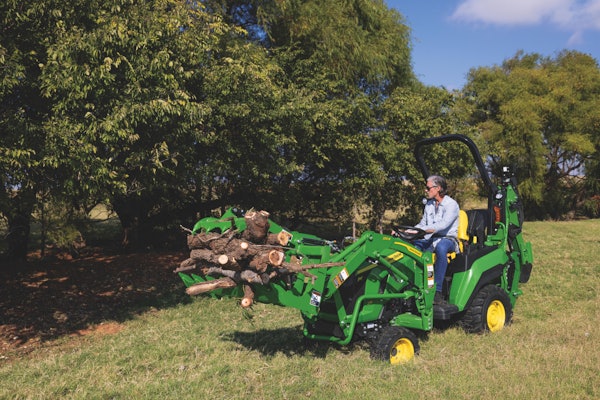
“We are confident of the legality of the rule and will defend it,” said Laura A. Fortman, deputy administrator of the agency’s Wage and Hour Division, who was one of two senior administration officials participating. Business should be ready for an effective date of Dec. 1, she said.
While the session touched on several common questions, a recurring theme was the wealth of information about the new rule that is available on the Labor Department’s website. There are numerous pages with advice tailored to different industries and different types of employers. Perhaps the best (because it contains links to many of the others) can be found here.
The principal change the rule makes is a doubling of the salary threshold necessary to be exempt from overtime requirements. Today, the threshold is $23,660 a year. On Dec. 1, it will be $47,476 a year. Stated in terms of weekly pay, the minimum required for exemption rises from $455 to $913.
The Obama administration estimates an additional 4.2 million workers will become eligible for overtime pay under the rule change, increasing U.S. wages by approximately $12 billion over the next decade, or an average of $1.2 billion a year.
The other major change resulting from the new rule is the establishment of automatic updates of the salary threshold every three years. The threshold will be tied to the 40th percentile of full-time salaried workers in the nation’s lowest-income Census region, which is currently the South.
Labor Department officials stressed during Monday’s webinar that exemption from overtime rules requires not only meeting the minimum salary threshold but also the so-called “duties test.” For example, for an administrative worker to be exempt from overtime regulations, he or she must make at least $913 a week and meet the following criteria of the duties test:
- The employee’s primary duty must be the performance of office or non-manual work directly related to the management or general business operations of the employer or the employer’s customers; and
- The employee’s primary duty must include the exercise of discretion and independent judgment with respect to matters of significance.
While Monday’s webinar was for small businesses in general, not landscaping companies, green industry firms that use H-2B workers can find guidance at the Labor Department’s website specifically for them.
For example, among the key pieces of advice when it comes to H-2B is the department’s note that transportation expenses and visa fees for H-2B workers are “primarily for the benefit of the employer,” and thus cannot be applied toward meeting the salary threshold for an exemption from overtime regulations.
Administration officials also emphasized that just because a worker is paid on a salary basis rather than hourly, both the salary threshold and duties tests still apply.
Asked whether paid time off, or “comp’ time,” could be granted to a worker in lieu of paying the employee time and a half, Labor Department officials said that only state and local governments may do so. All private companies must pay overtime when a non-exempt worker exceeds 40 hours in workweek.
Under the new rule, the Labor Department for the first time will allow some bonuses paid to employees to count toward up to 10 percent of the salary level. However, it’s important to note that change applies only to non-discretionary bonuses that are paid at least quarterly.
As for recordkeeping, the federal officials said all employers will continue to be required to keep accurate records on how many hours its non-exempt employees work each day. While there is no requirement to submit those records to the government, employers must have the records available if the Labor Department opts to conduct an investigation of the company’s compliance with the regulations.
Of the additional 4.2 million workers the Labor Department estimates will become eligible for overtime under the new rule, the agency says about 1.6 million are employees of small businesses.









